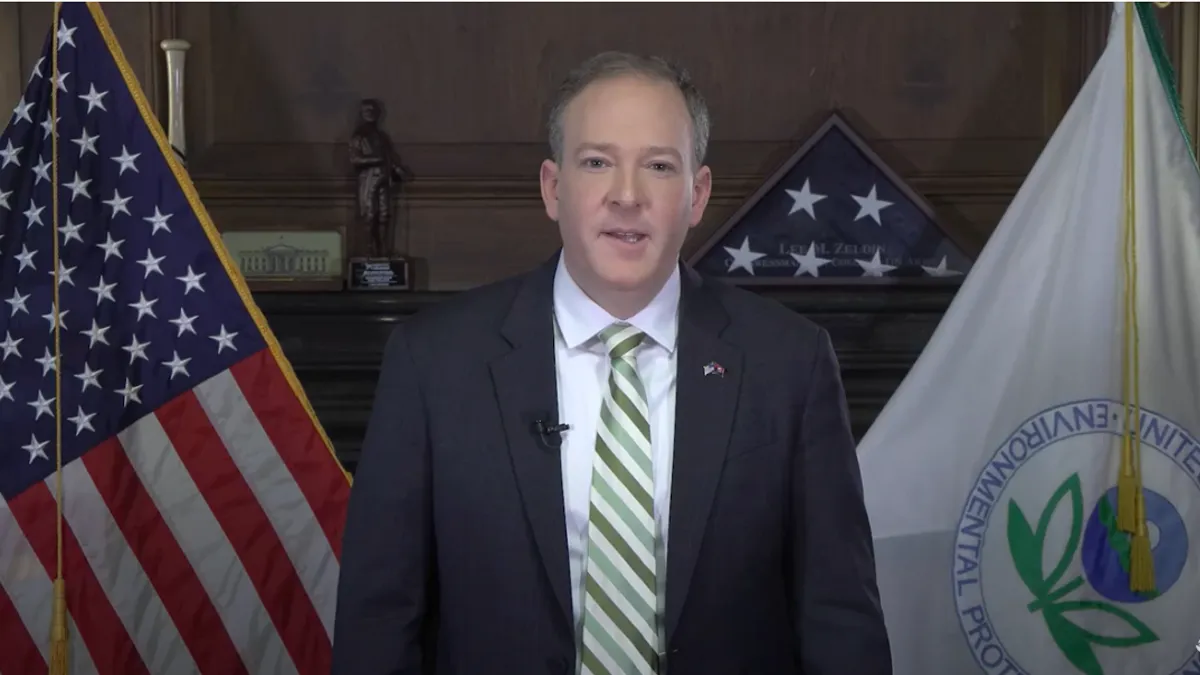Government might not seem like a space that would delve into marketing, a field that is traditionally reserved for industry and enhancing commercial success. Yet city branding is becoming more popular, leading to cities' decisions to add or expand in-house marketing departments.
Some cities even hire a Chief Marketing Officer (CMO) to lead the effort, as is the case in Charlotte, NC; Norfolk, VA and Denver. In fact, Denver's CMO position was only added in 2015 after the city had employed a marketing team since 2006. "We were originally tasked with getting our arms around what Denver’s brand is and elevating that brand, as well as creating and managing citywide marketing and communications efforts," said Denver CMO Jenny Schiavone.
Municipal marketing in decades past merely involved portraying a city to visitors as a desirable vacation destination. But the field has evolved as new tools and goals emerge, now elevating local residents and businesses to the primary customer role.
"Municipal communications and marketing is critical to keeping the dialogue flowing" between cities and their customers, said Jenn Seoanes, City of Miami Beach marketing manager. "The marketing team helps city departments communicate their key initiatives, which helps promote safety, information sharing and overall improves the quality of life."
Marketing teams often help to raise awareness of and participation in departments’ initiatives, services and events, such as Miami Beach’s transportation or hurricane safety initiatives, as well as festivals. But they also serve as a unifying factor for the branding that all of a city’s departments and agencies put out so it all exhibits the same look and feel. "Branding is very important as you’re communicating," regardless of whether communication happens through press releases, television or radio spots, outdoor advertising or social media, Seoanes said. "The messaging and branding must be consistent."
"Municipal communications and marketing is critical to keeping the dialogue flowing..."

Jenn Seoanes
Marketing Manager, City of Miami Beach
Marketing departments can hone in on and craft new campaigns and brand elements, or revamp an existing brand. Denver underwent a city brand refresh in 2013 and created a new logo that now is well-used by all departments, instead of each department resorting to its own logo. "It’s consistent and everywhere, from street signs to garbage trucks to right of way enforcement agent uniforms. People now have started to recognize our logo," Schiavone said. It helps the city's marketing materials — including brochures, websites and social media accounts — to be "looked at as a trusted source of information and as a voice that represents the city as a whole."
Denver's marketing team also discovered a need to devise logo protections because non-governmental entities repeatedly "borrowed" it as their own. Municipalities traditionally have had seals or logos "but have not protected them. That creates a lot of issues because anyone can then use it," said Gaelina Tesfaye, marketing and brand representative for the City of Denver. The city decided to make "some formalities around protecting our logo ... A lot of municipalities in Colorado are moving toward that now,” she said.
The marketing department’s established presence has eased the effort of creating a branding and marketing strategy for Denver’s emerging smart city efforts. Again, the team acts as a unifying force because, in the smart cities space, "it's transportation, it’s healthy living, it’s innovations, it’s technology, all of those things. And in a city structure, those are all separate departments,” Schiavone said. "We're not starting from scratch with five different departments and five different logos. We're really starting at a place where we're all part of Denver."
Thus far Denver's marketing department has not created new campaigns specifically for smart city achievements because the efforts are growing at such a quick pace. However, the team does keep up with website refreshes and videos for smart city projects, along with a few other tactics for informing "the average resident who's seeing a story about one piece of that smart city initiative, maybe installing sensors, and they want to know what that’s all about," said Schiavone.
Just like corporate marketing and advertising agencies, municipal marketing teams focus on quantifiable results and return on investment, such as more clicks on a website, greater app use, boosts in event attendance or even greater recognition of a city’s logo and mission. Municipalities should "do a postmortem and see how you did, what works and didn't work," Seoanes said.
All of a city’s marketing efforts don’t have to fall solely to an internal team, though. Denver outsources some of its branding and marketing tasks to on-call agencies, even though it performs the majority of the work in-house. "It's a very natural thing to have in-house agency … You're here day to day, boots on the ground, doing work alongside every city agency," Schiavone said. At the same time, the CMO and her staff like to call on outside agencies at times to stay creative and "get out of the government box," she said. Especially in an era of "constant information and a very cluttered e-commerce and traditional marketing world, information is being thrown at you all day long... [and] to be a government and try to compete in that cluttered space is really tough."
Relying on an in-house marketing team increases the speed with which a city can respond to and push out messaging during an emergency or crisis. When Zika virus concerns escalated in South Florida, for example, Miami Beach used some shared information and resources from Miami-Dade County, but it also created its own messaging and materials. "The mosquito mitigation efforts had to happen overnight," said Melissa Berthier, City of Miami Beach public relations manager. The city’s marketing team could accomplish that task because "we're all in the same place and able to do that really quickly," she said.
Countless team structures and opportunities for partnerships exist, depending on each city's branding and marketing needs. "I can only speak for the City of Miami Beach, but having an internal team that is vertically integrated, that has all of the services under one roof, makes it very easy and nimble," said Seoanes.




















